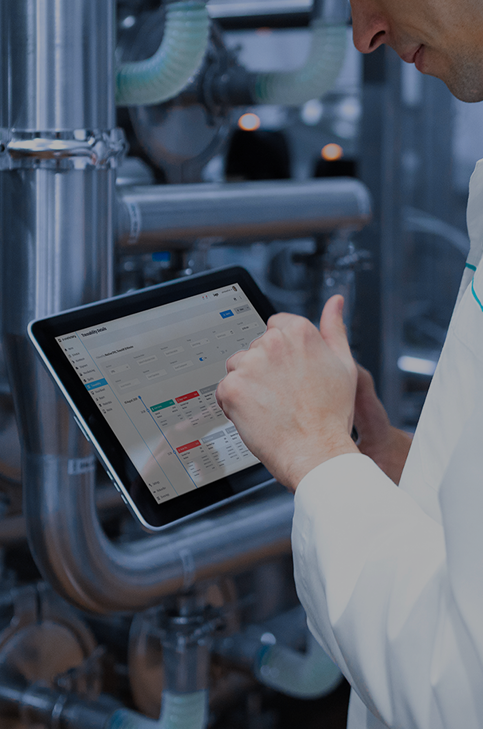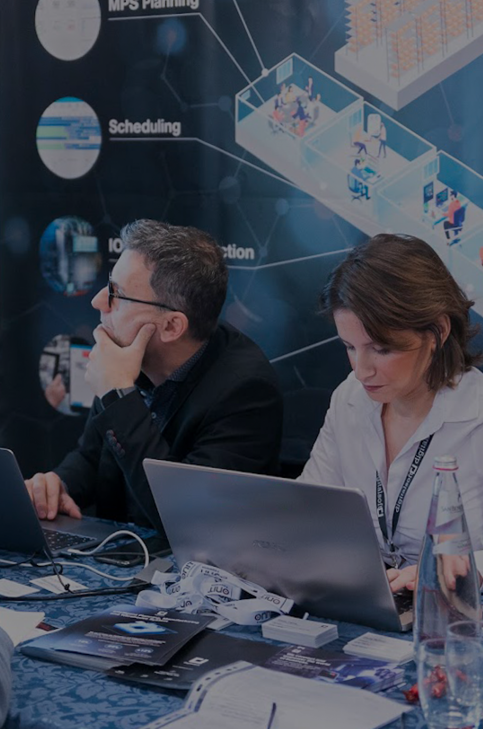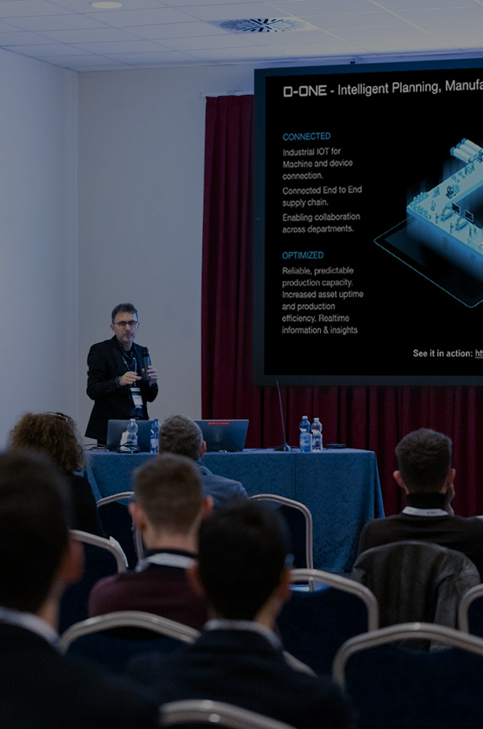Modular transition toward the Smart Factory
“Digitalization requires gradual and flexible solutions adaptable to Companies’ specific needs”
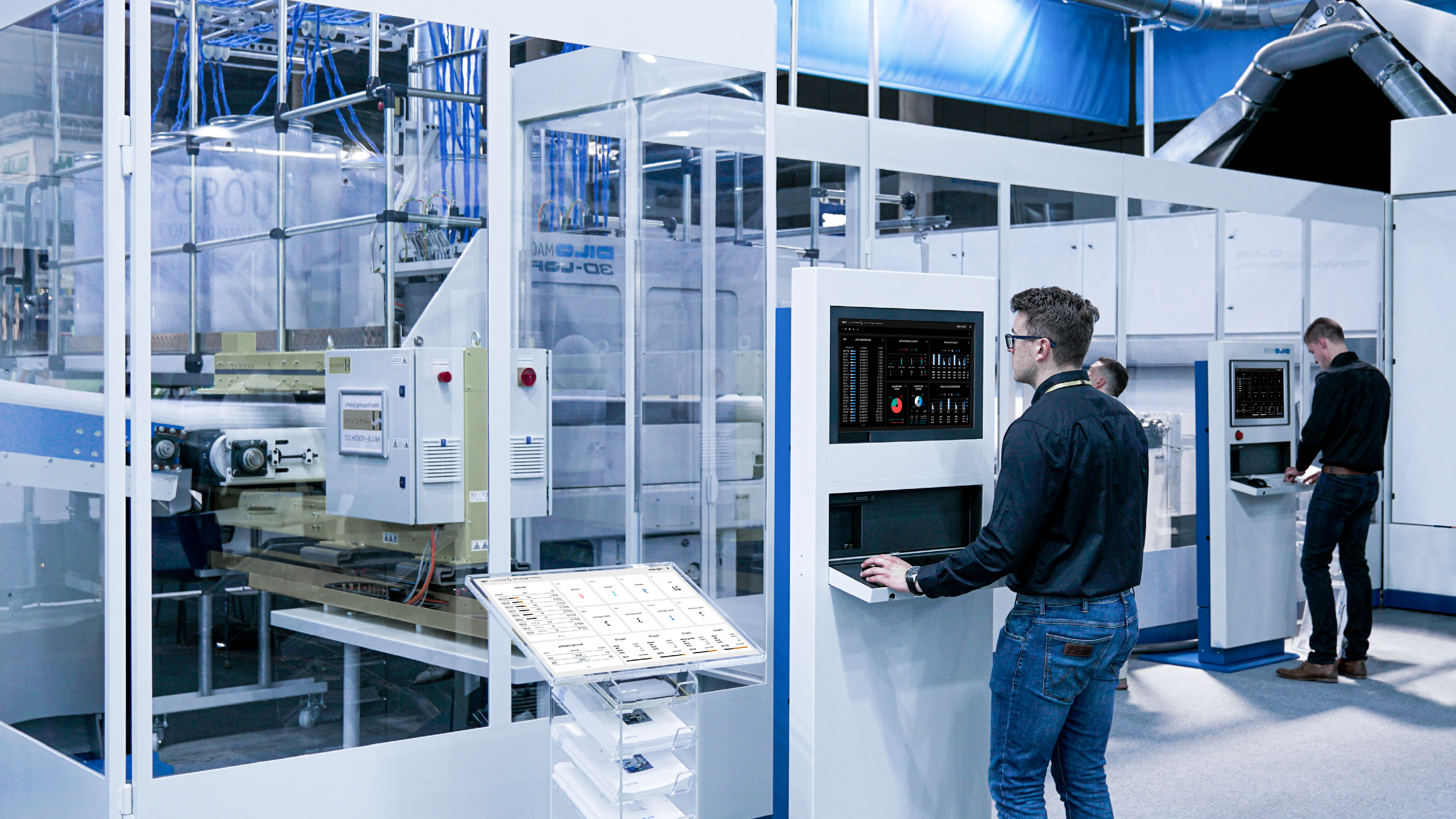
IT systems are at the basis of manufacturing evolution. And especially in the transition towards Smart Factory. Integration, modularity and innovation are the three pillars of a successful and empowered digitisation journey. This is the commitment of Mr Riccardo Tudino, Head of Solutioning for the software company Digitalsoft.“Our platform d-one is modular and flexible and is available both in Cloud and On Premise.
Its modules are natively integrated but can be purchased separately to guarantee an agile and flexible implementation. An affordable stepwise approach with fast ROI”, states Tudino. Whatever your company size is, digital transformation requires a gradual approach adapted to the specific needs. Only a tool with such flexibility can help you make targeted investments to solve current challenges on the journey towards end-to-end digitisation.
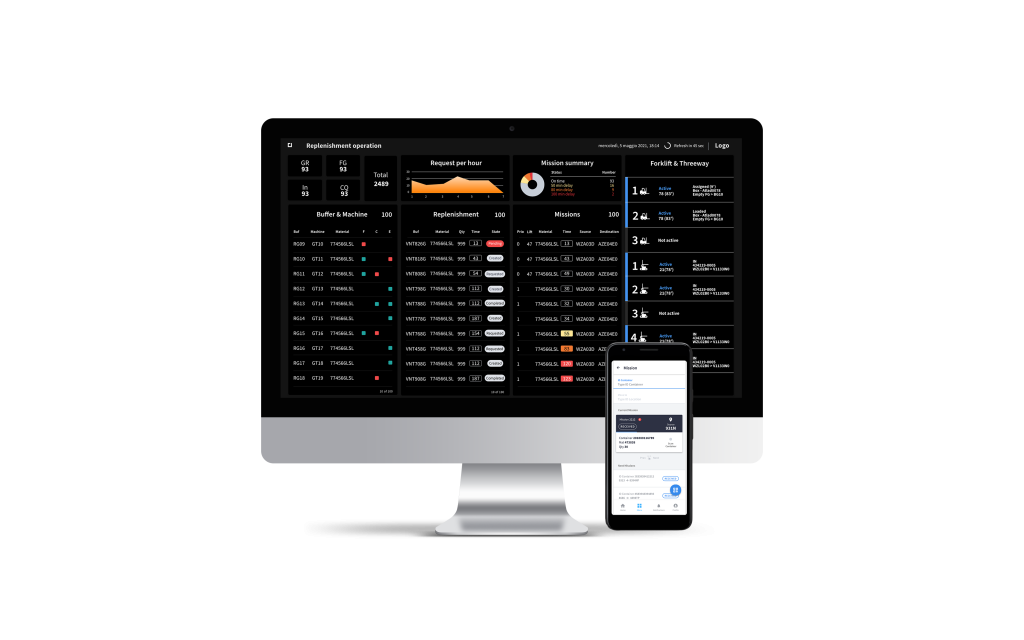
Predictive analysis and targeted implementations: the benefits of natively integrated platforms.
The benefits of a natively integrated tool like d-one are many, both in terms of flexibility as well as in terms of control. d-one guarantees end-to-end visibility over all the phases of production. For example, it enables monitoring and predictive maintenance of the machines, full traceability over components and finished goods, as well as full control over the entire planning process. Data are available at all times for performance tracking and predictive analysis.
Its modules support the company in facing the challenges of various functions and departments “Take for example warehouse management. You can start by implementing the module dedicated to solve a specific need and then decide if proceeding adding others for other targets. Both large to medium and small sizes companies can profit of this affordable approach, adapting the implementation to the budget and the maturity level available. “The investment is targeted to the specific solution you need in that moment for your urgent challenges”.
The real issue today is the digital fragmentation that many companies are facing, having to deal with a stratified set of tools of different suppliers implemented in different moments. According to the manager, such patchwork disables communication among the departments. “The point of strength of d-one lays in its native integration and modularity. You can solve a specific problem while keeping a eye on the overall company interests. Step by step you will build the perfect solution for your needs, managing the entire workflow from planning to execution, from customers’ orders receipt down to finished goods shipments”.
The adoption of a single integrated software grants also full traceability over operations and products. Unique IDs provide information over components, machines, customers, and employees. About the long-term benefits Tudino states “the platform enables efficiency and performance increase in the entire supply chain, offering a continuous control over your business key metrics”.
Processes standardisation and vertical alignment facilitate connection to avoid confusion and delays as well as enabling anomaly prediction and real-time notifications. “d-one is flexible and proactive enough to enable data driven decision making and to focus your efforts on value added activities only”.
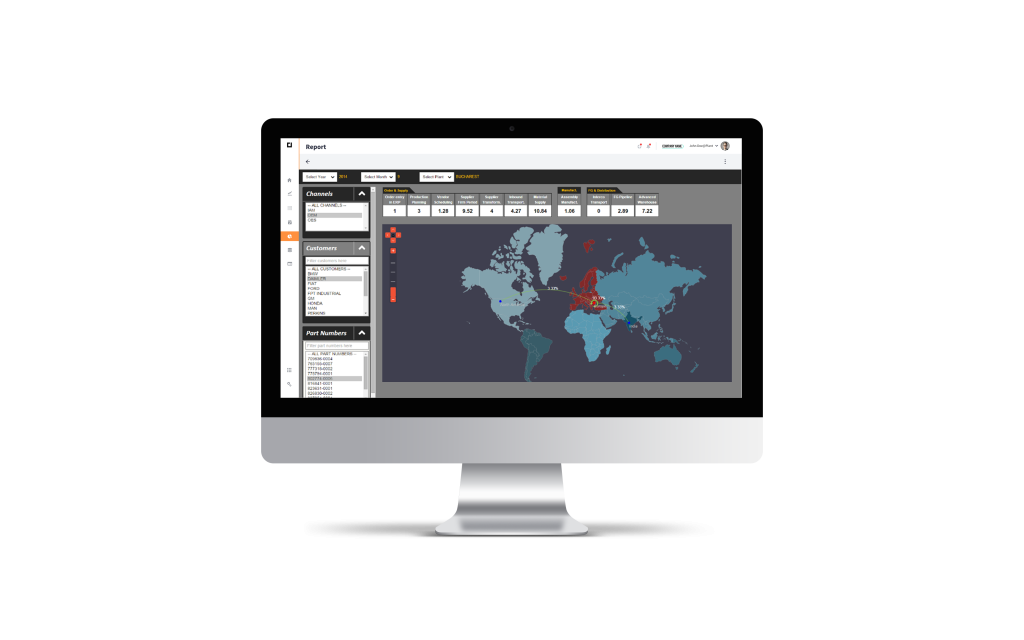
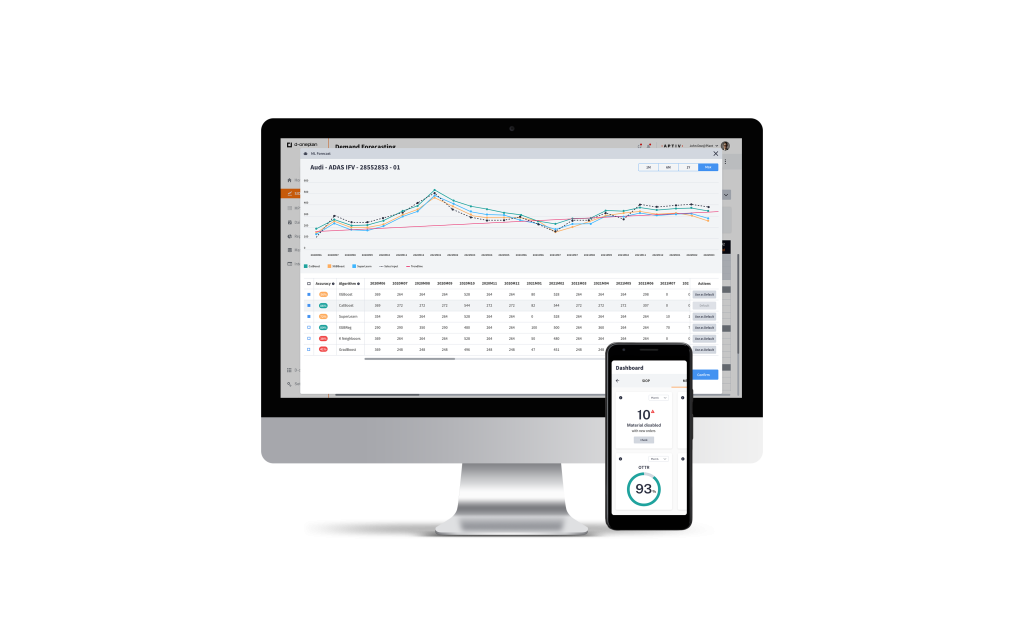
The continuous research of new Future Factory capabilities
Another key differentiator of Digitalsoft is the obsessive dedication to technological innovation to improve its platform. The adoption of AI and Machine Learning algorithms and Big Data and analytics supports forecast accuracy improvement and early problem detection. Voice capabilities grant hands-free real-time control on what matters. Finally, d-one allows complete connection with machines and other IT tools in use thanks to its set of layers such as API, Service Bus and IoT Gateway.
The above pillars are what allow Digitalsoft to provide advanced solutions adaptable to different business needs. Factories, especially when it comes to manufacturing, are different in needs. That’s why flexibility and scalability are so important in creating your own efficient ecosystem. You need to follow a modular and gradual digitisation strategy towards the Factory of the Future.
Tudino ends by adding “Future Factory implies the adoption of a new culture, supported by the implementation of an integrated and user experience focused software, able to unlock the full potential of your enterprise”.
Learn how d-one can help you solve your companies’ urgent challenges while planning your leapfrog towards the Future Factory.


